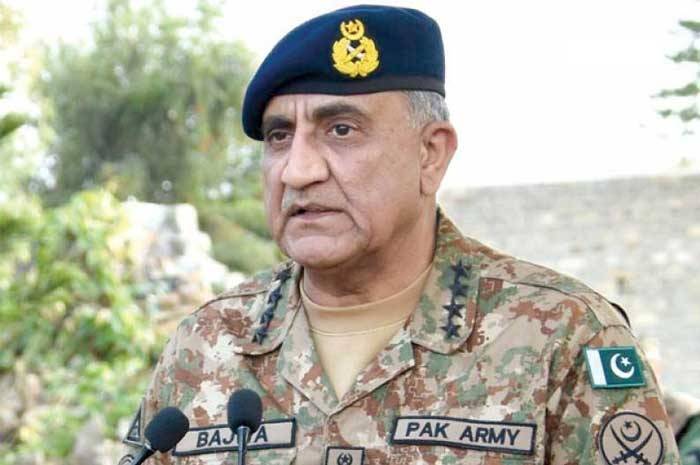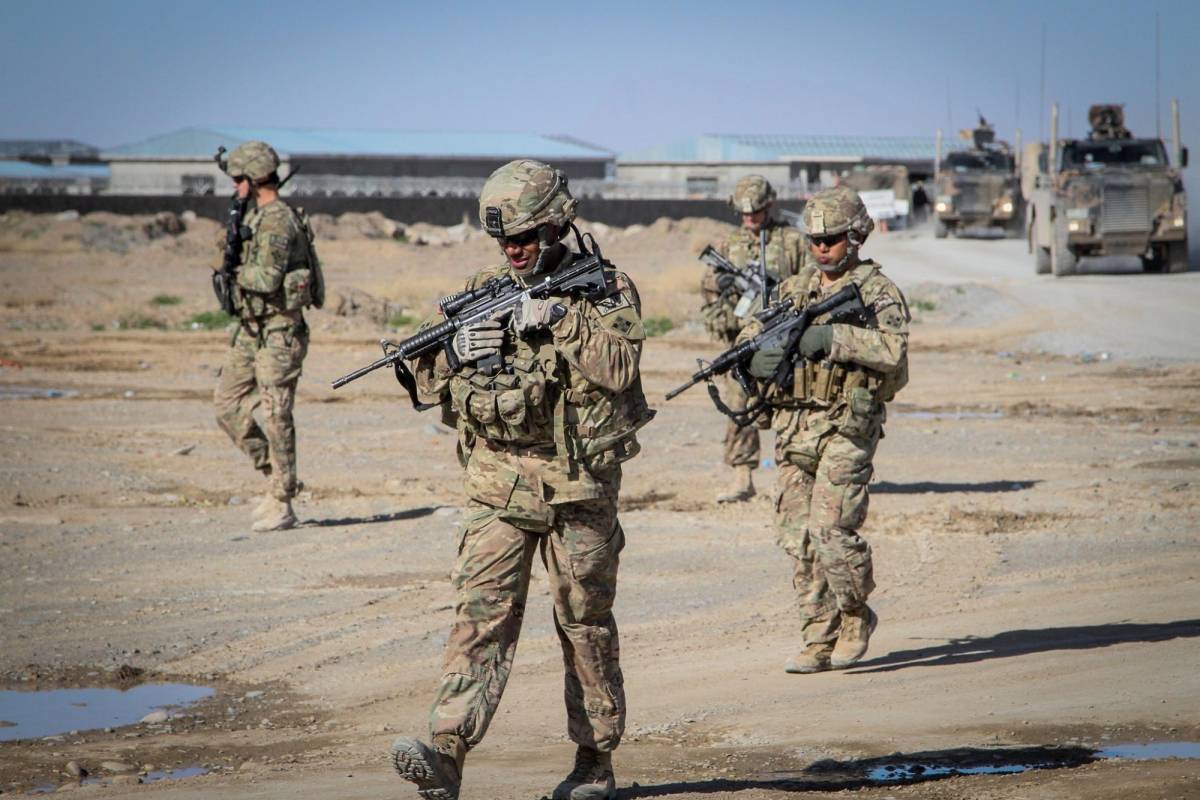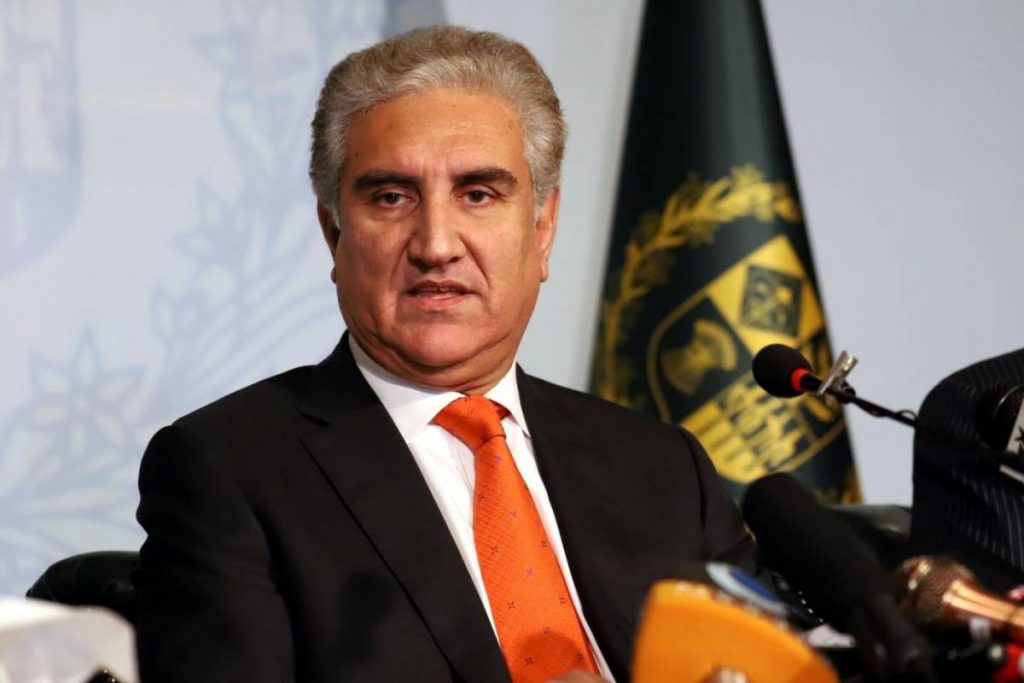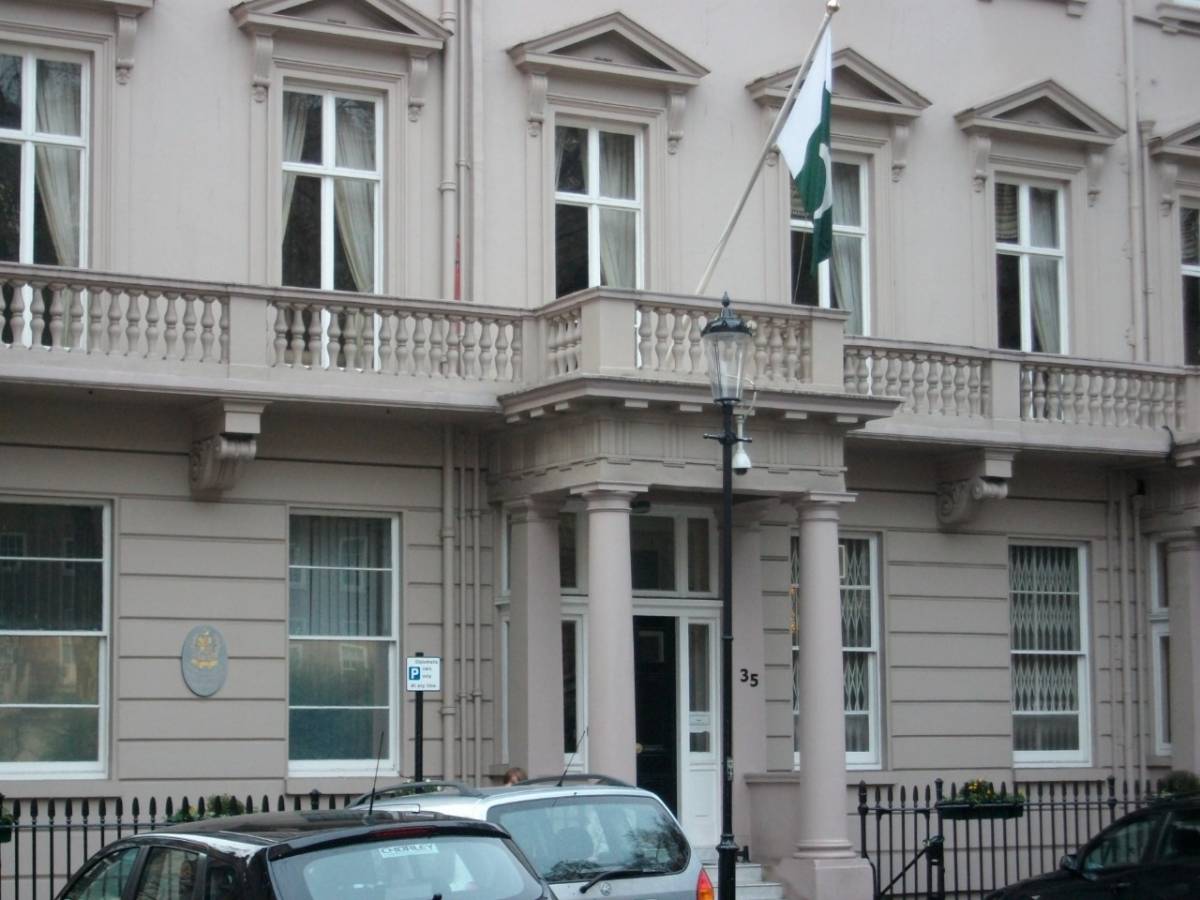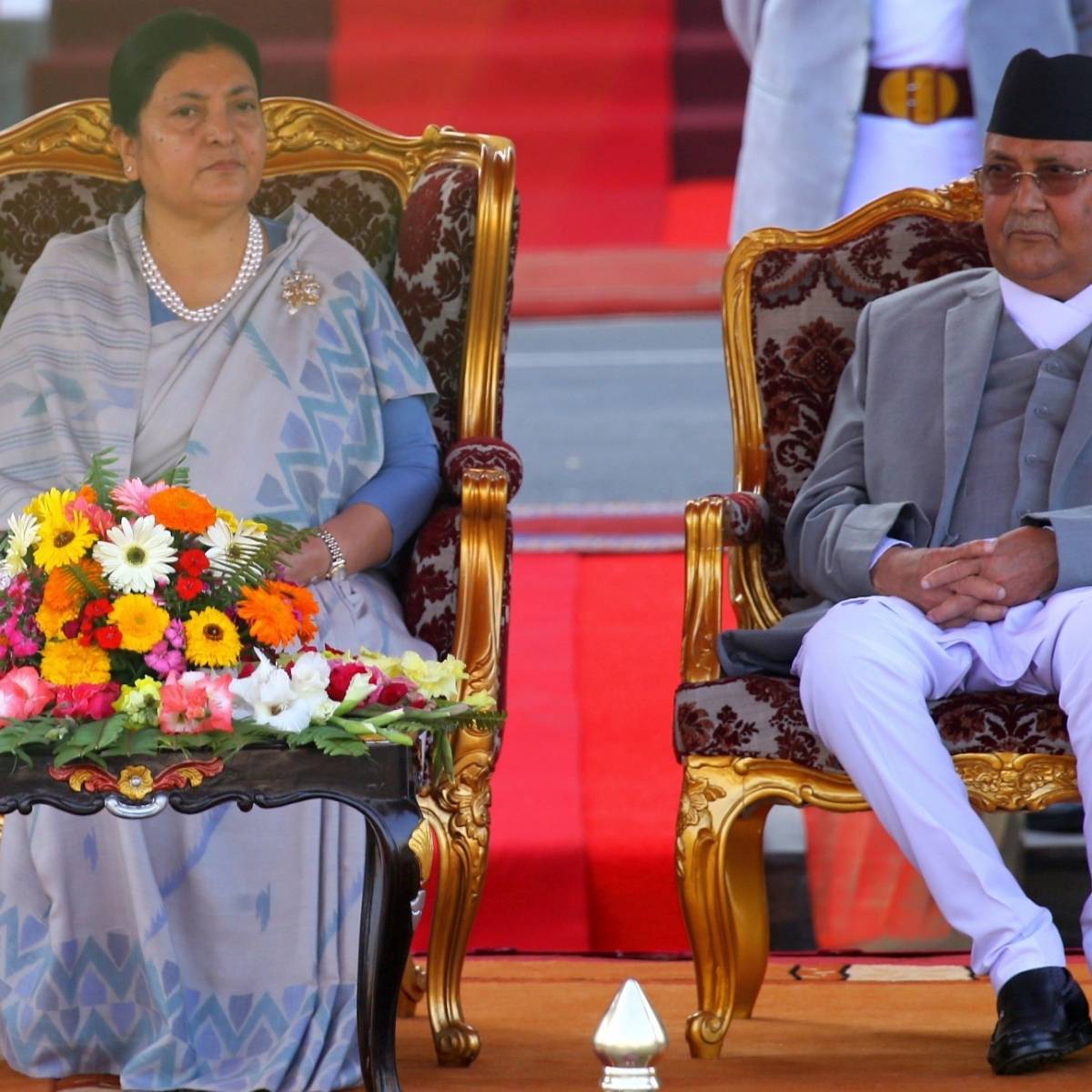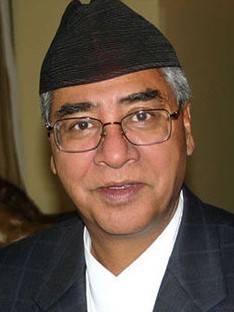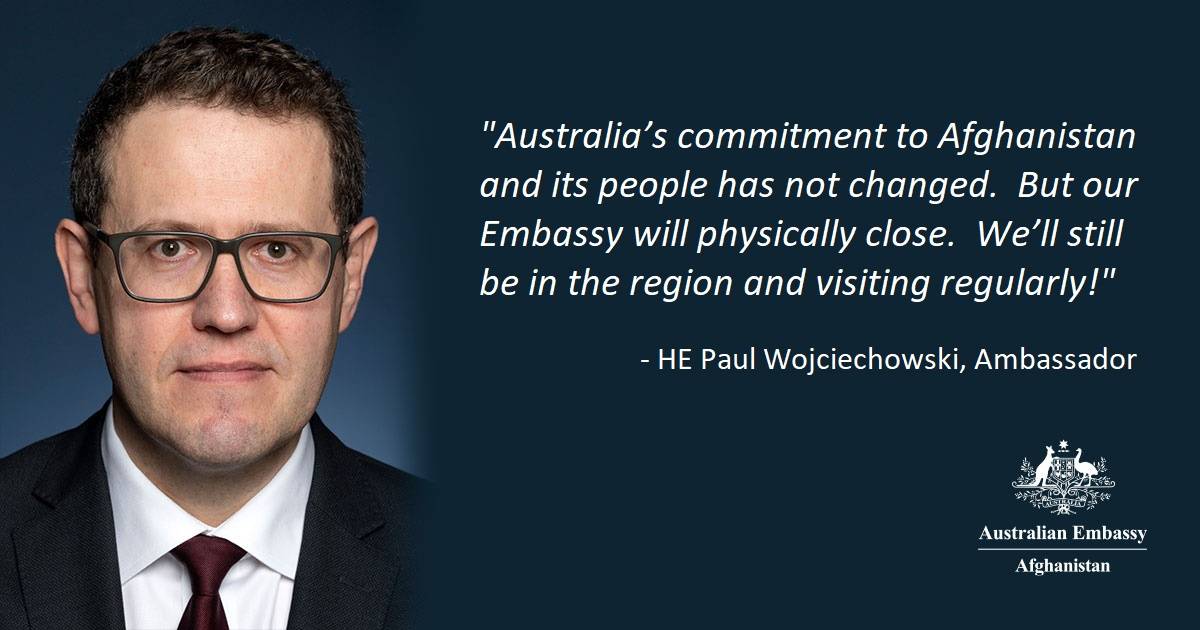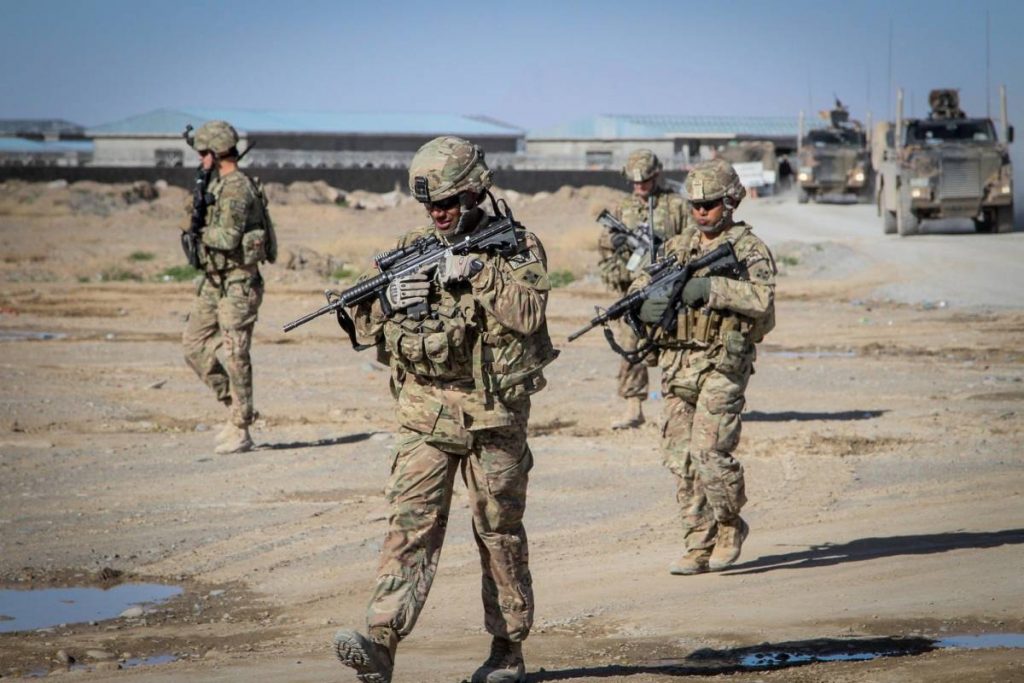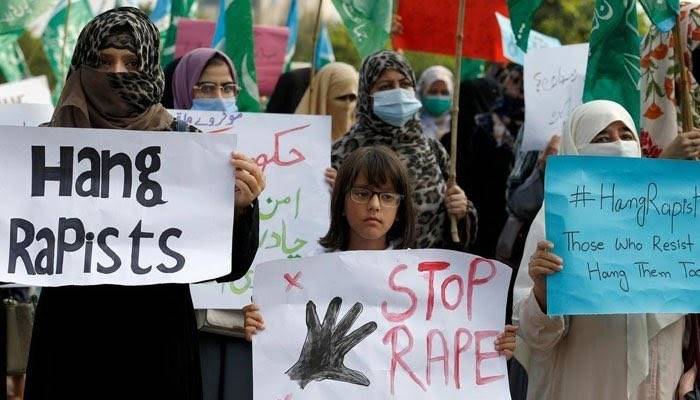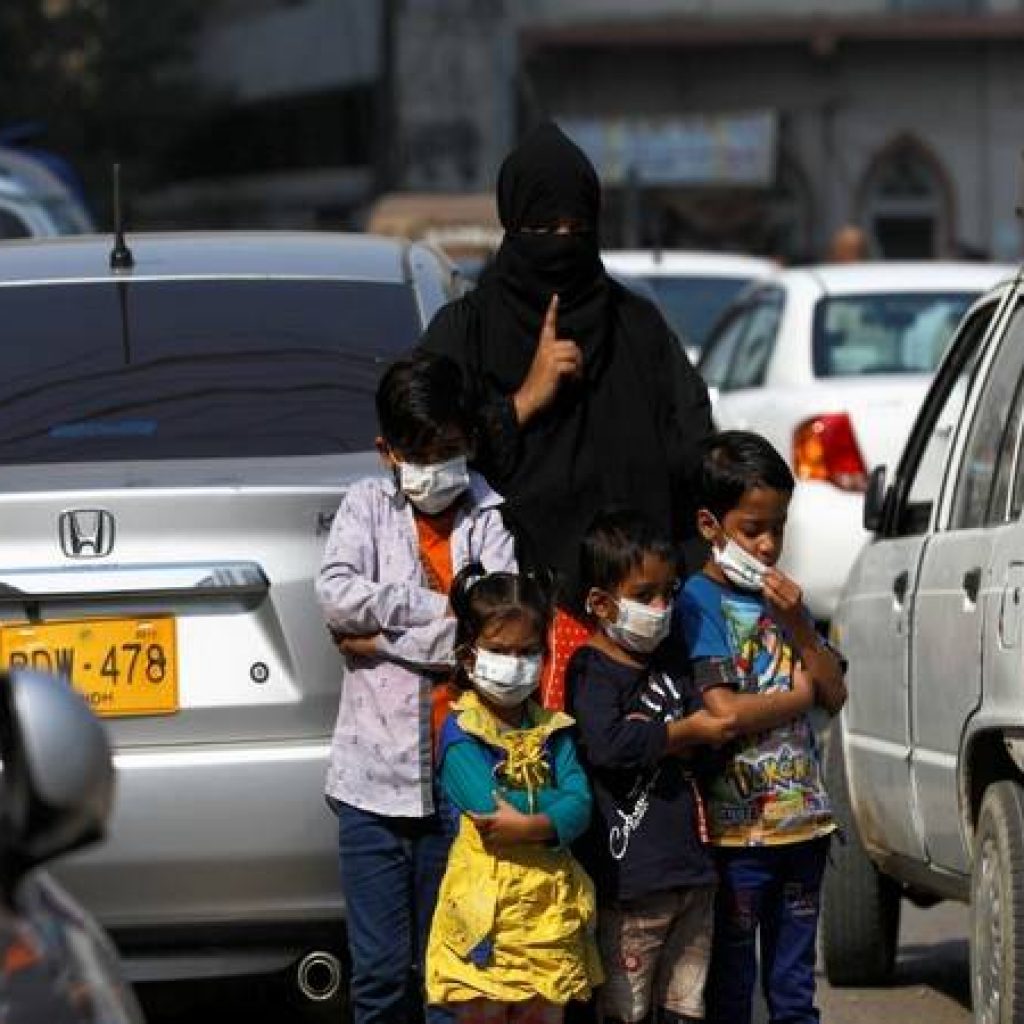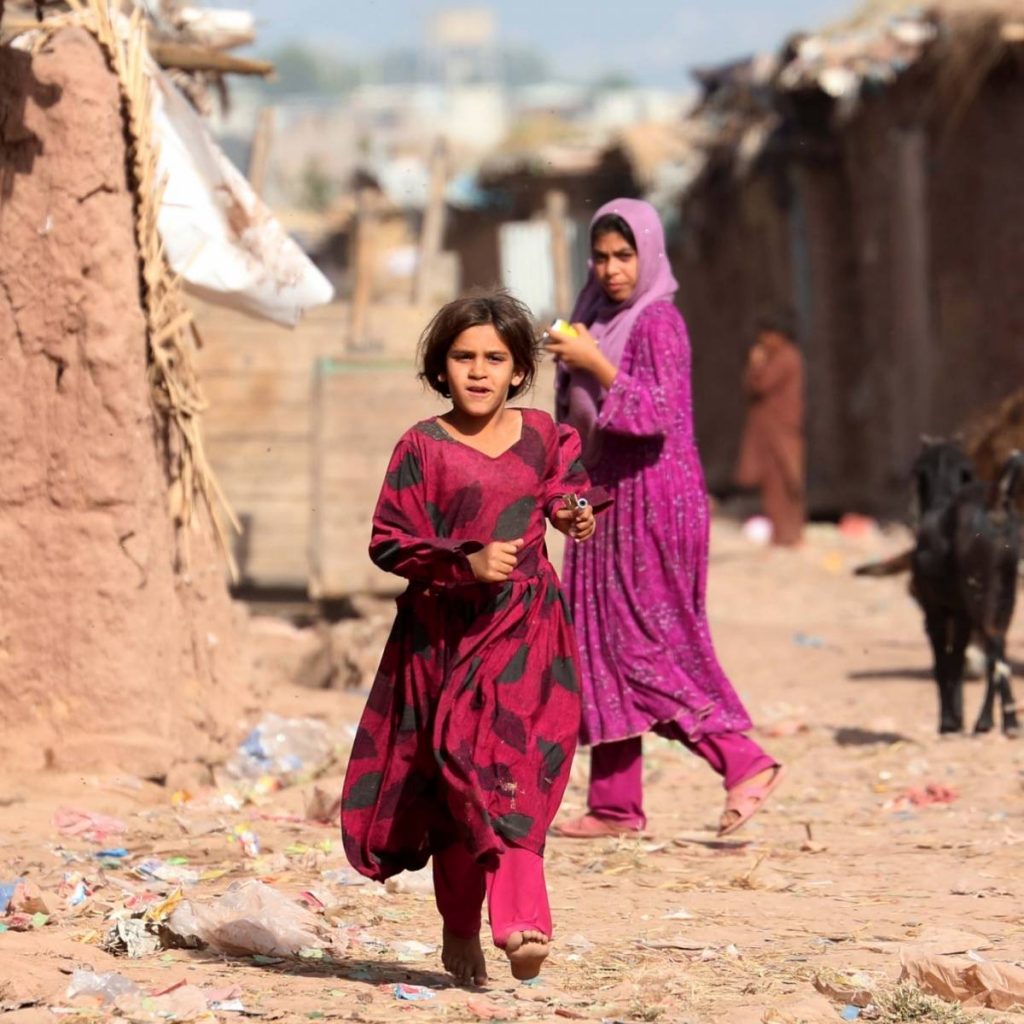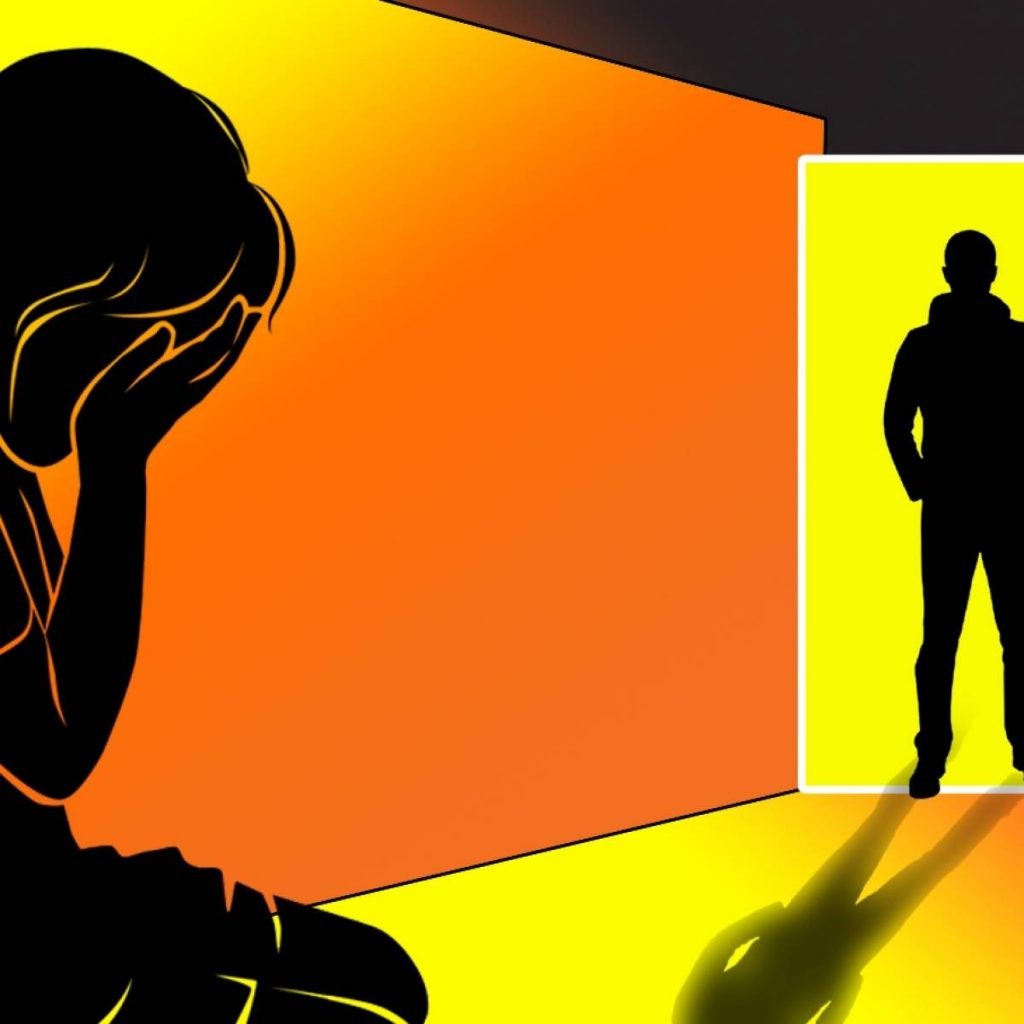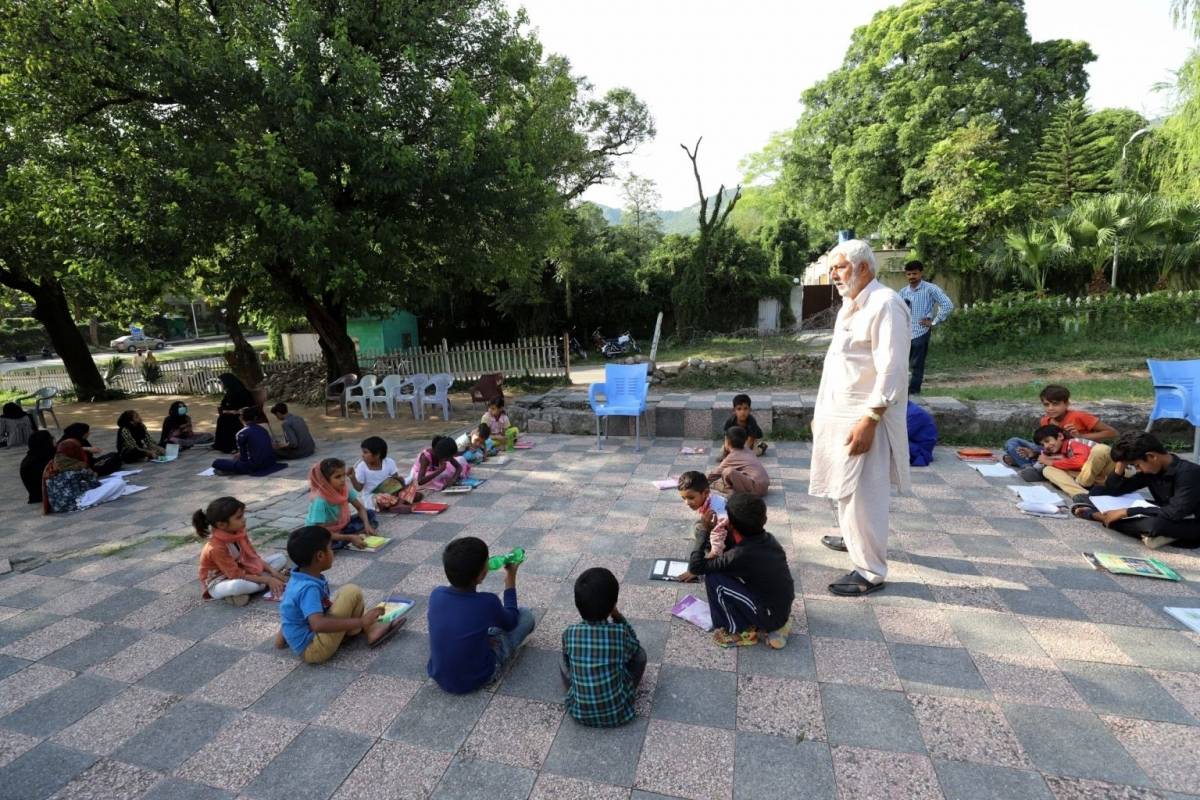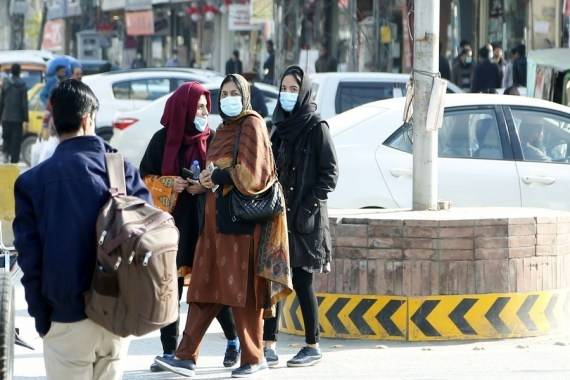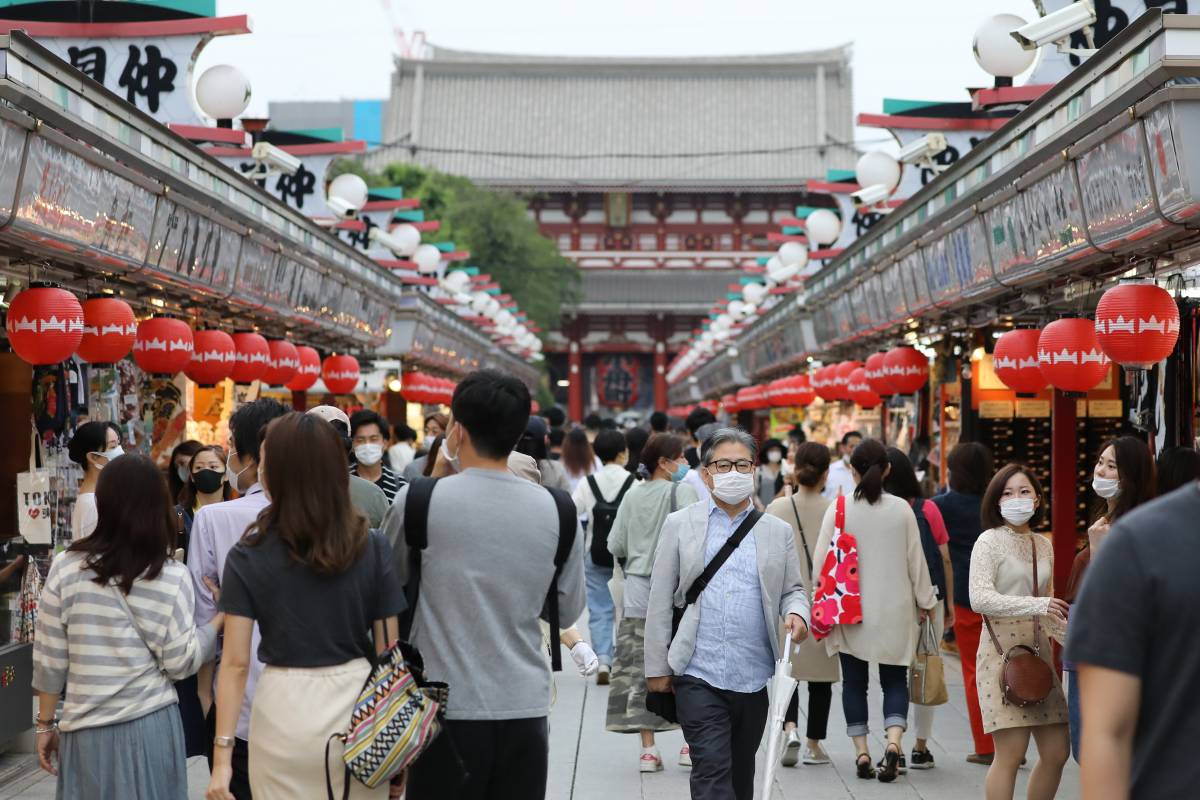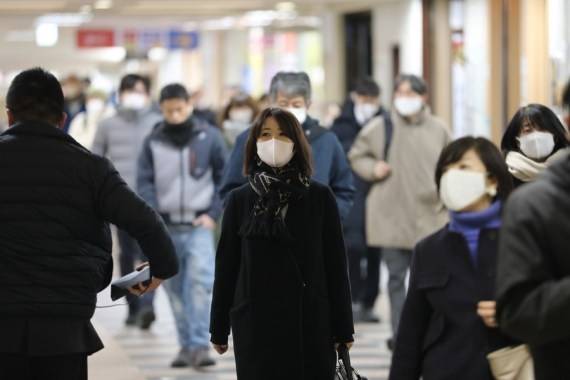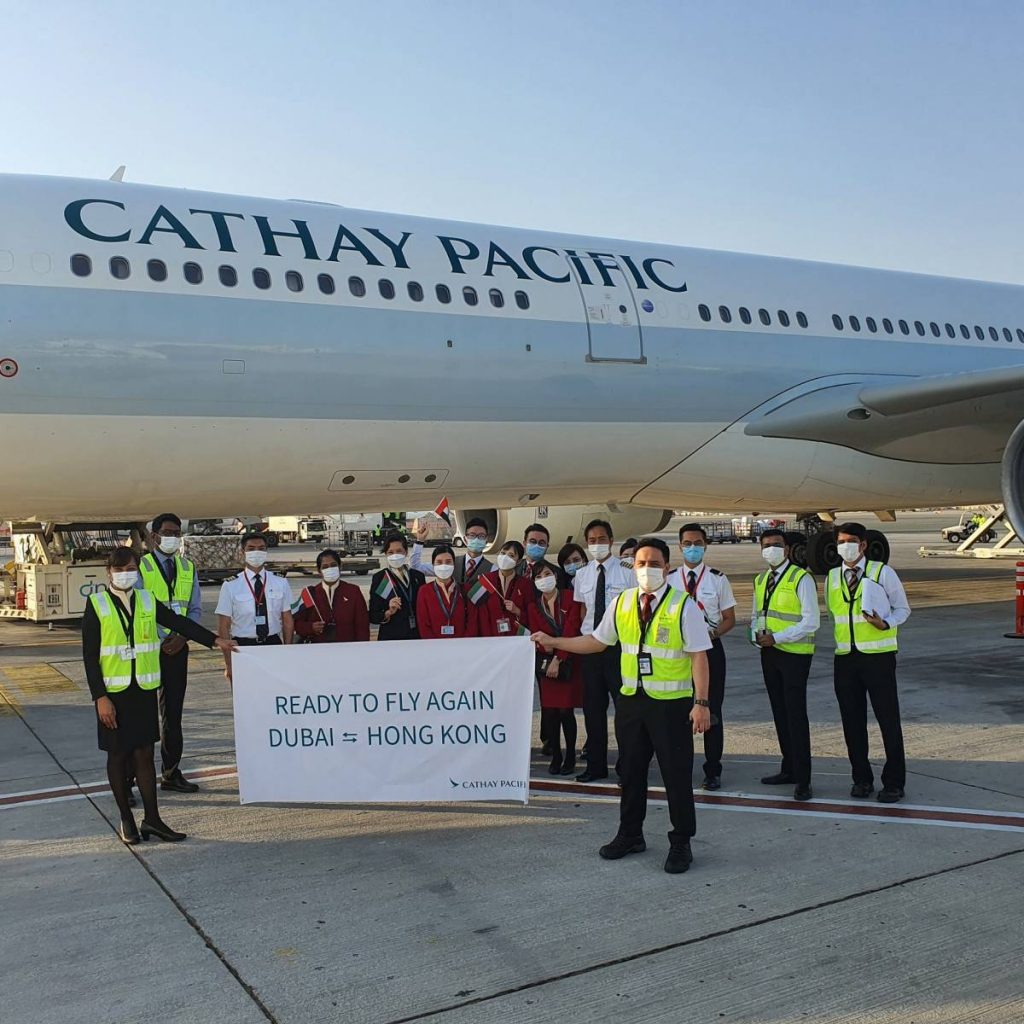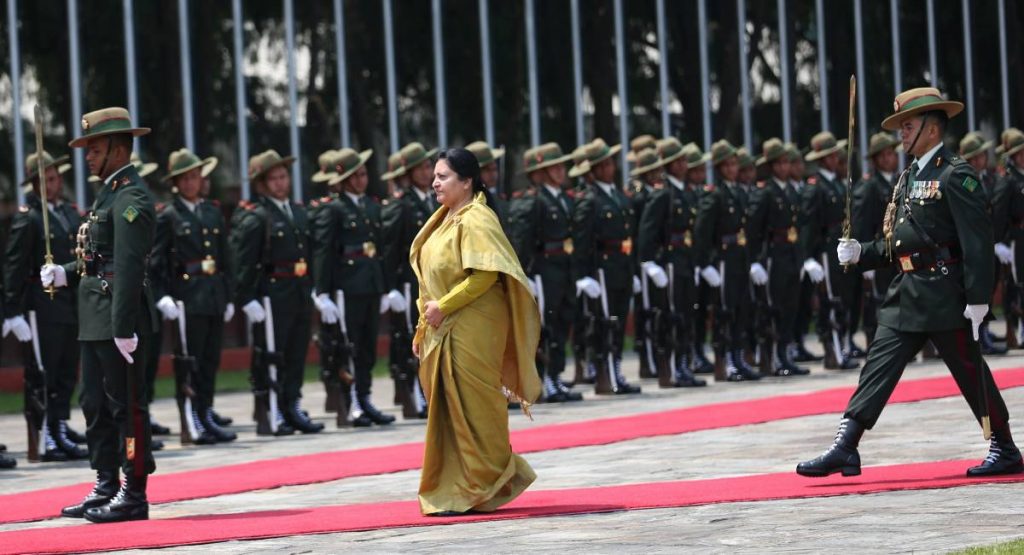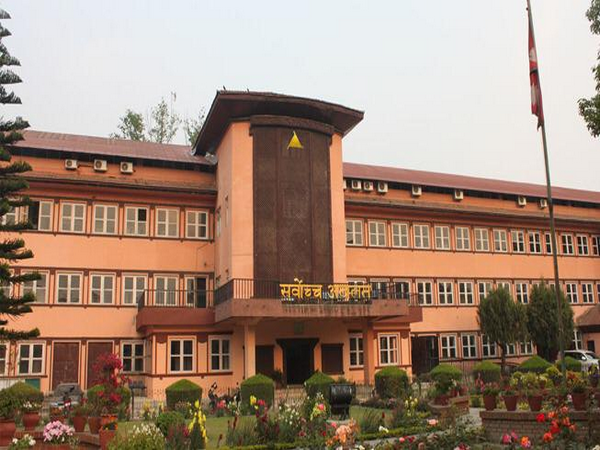This statement comes after Army Chief of Staff General Qamar Javed Bajwa chaired a meeting with the country’s top army brass at the General Headquarters in Rawalpindi….reports Asian Lite News
The Pakistan Army has expressed concern about the recent cross-border firing incidents along the Afghan Border area, the Pakistan military’s media wing said on Tuesday.
“Taking serious note of the recent cross border firing incidents from Afghanistan and regrouping of terrorist leadership/outfits across, forum expressed hope that Afghanistan soil will not be used against Pakistan,” the Inter-Services Public Relations (ISPR) said in a tweet.
This statement comes after Army Chief of Staff General Qamar Javed Bajwa chaired a meeting with the country’s top army brass at the General Headquarters in Rawalpindi.
“In light of emerging regional security situation, Pakistan has taken effective border control/management measures and the same is expected from Afghanistan to deny any space to spoilers of peace, forum reiterated,” ISPR added.
Last week, a Pakistani soldier was killed near the Afghan border in Khyber Pakhtunkhwa province’s North Waziristan district. The ISPR had said Pakistan has consistently asked Afghanistan to ensure effective management and control on their side of the Pak-Afghan Border.
In another incident, four Pakistani soldiers were killed and six others injured in a terrorist attack, earlier this month, near the Pakistan-Afghanistan border in Balochistan.
According to a Pak media report, the majority of work on Pakistan’s side of the fence, on nearly 2,600 kilometers border with Afghanistan, has been completed.
ISPR had said the fence is being erected to stop terrorist activities and illegal activities including smuggling from Afghanistan. However, Kabul does not recognize the border, called the Durand line.
Meanwhile, Taliban militants have seized three districts over the past weeks amid increasing militancy and counter-militancy in Afghanistan, local media reported.
In its latest attempt to gain ground, the Taliban militants overrun Jalriz district in Wardak province and Dawlat Shah district in Laghman province.
The Taliban militants also captured Burka district in Baghlan province earlier this month in the wake of fierce fighting.
Security officials said that Afghan forces have made “tactical retreat” from the mentioned areas.
Addressing the media on Monday, spokesman for the Defence Ministry Rohullah Ahmadzai blamed the Taliban insurgents for using civilians as human shields and planting mines in the areas to slow down the security forces advance.
Justifying the “tactical retreat” as part of war strategy, Ahmadzai said that the security forces are capable enough to evict the militants from the areas, noting protecting civilians and cleaning mines take time. (with inputs from ANI)

